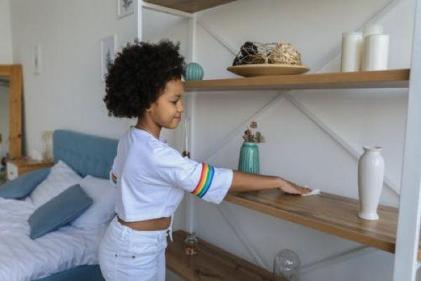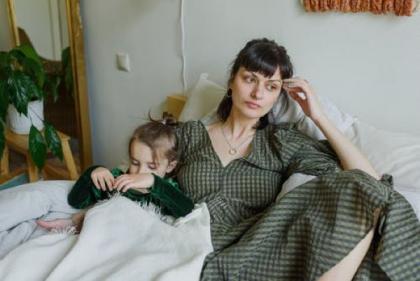When your child is a preschooler, his or her emotions are more powerful than you can imagine. It’s all or nothing for your child at this age, and while that’s great when he or she is happy, it’s not so great when your child is unhappy.
It’s nothing personal really – it’s just that you’re one of the central figures in his or her life, and when life isn’t going your child’s way, he or she hates life, and you, by association. It’s tempting to say something like ‘but I love you’ or deny his or her feelings by saying that you know they do love you, but it’s best not to. This just belittles your child’s feelings, and is likely to make him or her even more angry.
Rather acknowledge your child’s feelings of anger and frustration, and understand that while your child is very capable of feeling emotions, he or she probably needs help expressing them effectively.
Talk to your child, and teach him or her how to tell you what he or she is feeling, in a polite and rational manner. Explain that by saying something like ‘I am angry,’ or ‘Please help me,’ your child is likely to get a better, more satisfying response from you and from others.
Suggest solutions to the problem that is angering or frustrating your child, or offer your child alternatives if he or she wants something that is not part of his or her schedule, or is against your rules.
Remember that your child’s behaviour, even if it is hurtful, is not really directed at you, and is not a personal attack. It’s merely his or her way of expressing emotions that he or she does not yet understand fully how to manage.
It’s nothing personal really – it’s just that you’re one of the central figures in his or her life, and when life isn’t going your child’s way, he or she hates life, and you, by association. It’s tempting to say something like ‘but I love you’ or deny his or her feelings by saying that you know they do love you, but it’s best not to. This just belittles your child’s feelings, and is likely to make him or her even more angry.
Rather acknowledge your child’s feelings of anger and frustration, and understand that while your child is very capable of feeling emotions, he or she probably needs help expressing them effectively.
Talk to your child, and teach him or her how to tell you what he or she is feeling, in a polite and rational manner. Explain that by saying something like ‘I am angry,’ or ‘Please help me,’ your child is likely to get a better, more satisfying response from you and from others.
Suggest solutions to the problem that is angering or frustrating your child, or offer your child alternatives if he or she wants something that is not part of his or her schedule, or is against your rules.
Remember that your child’s behaviour, even if it is hurtful, is not really directed at you, and is not a personal attack. It’s merely his or her way of expressing emotions that he or she does not yet understand fully how to manage.



